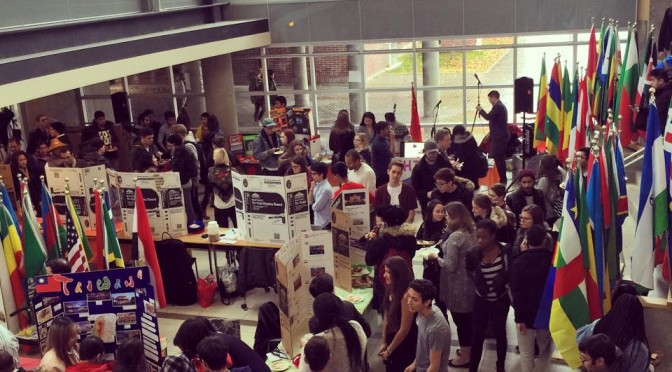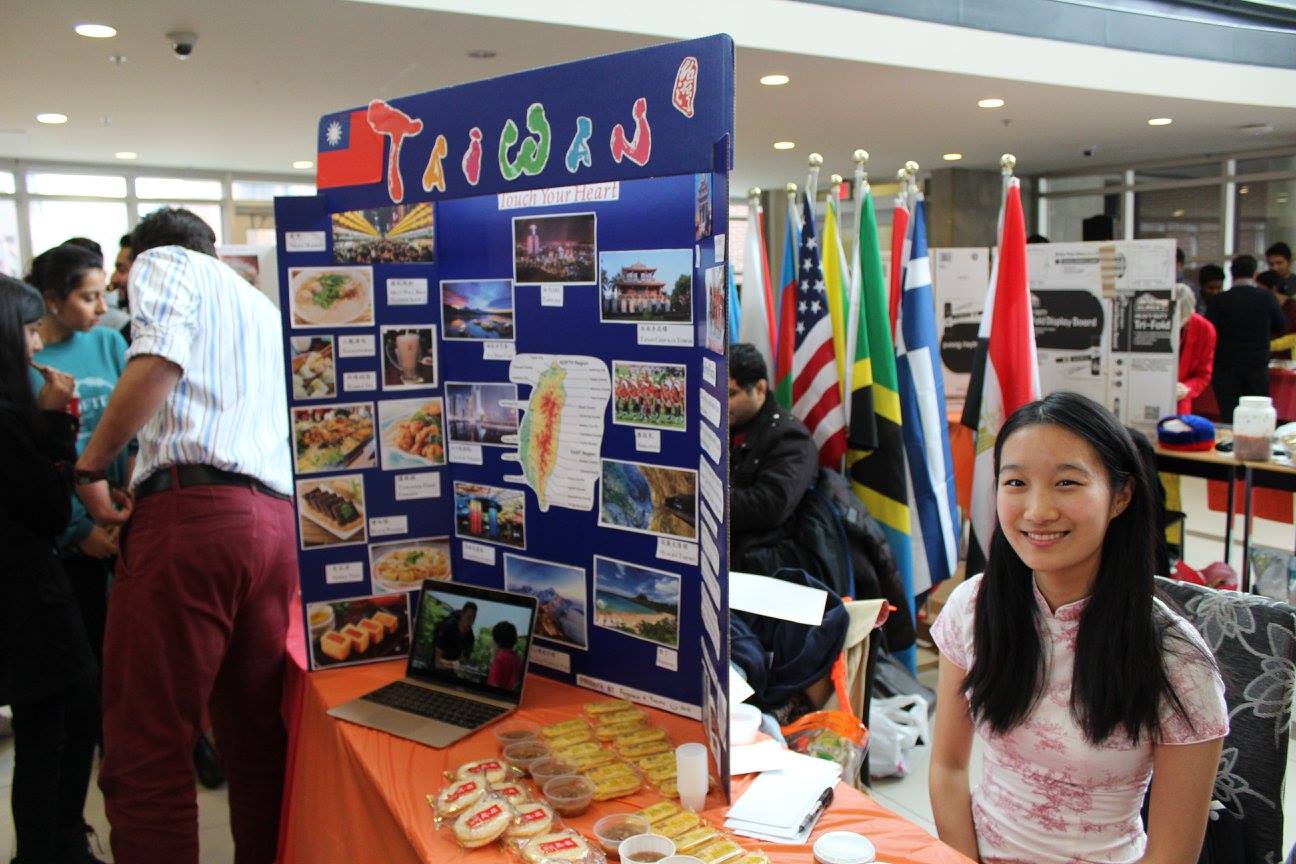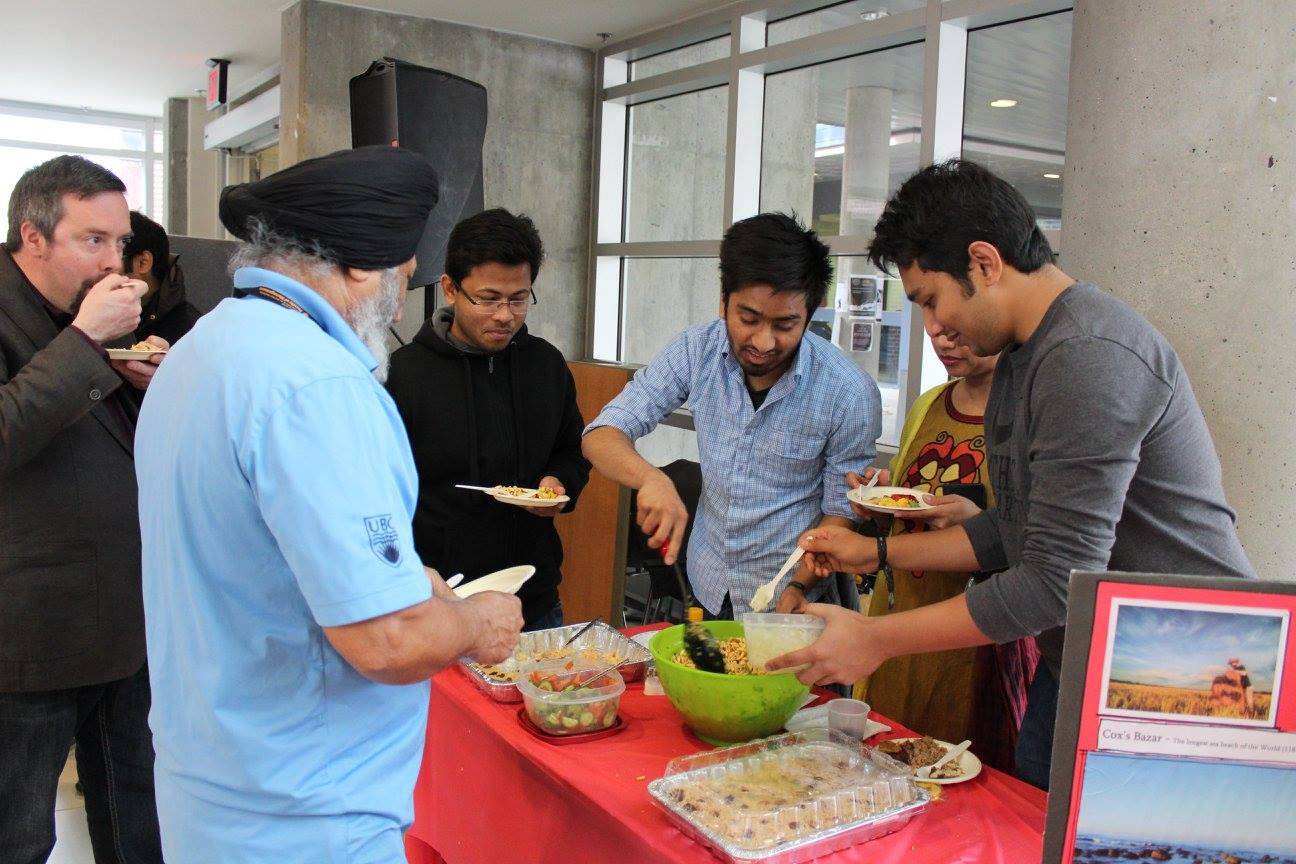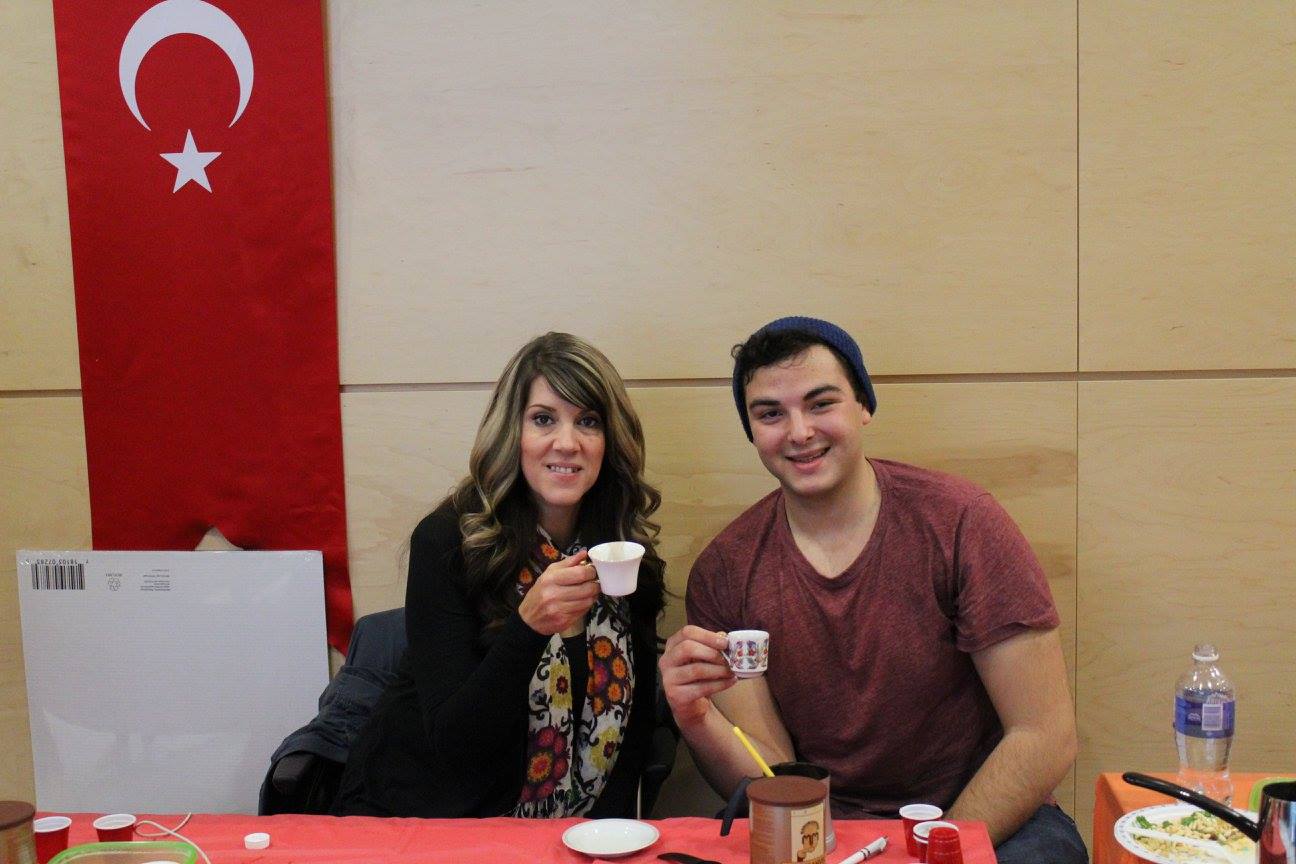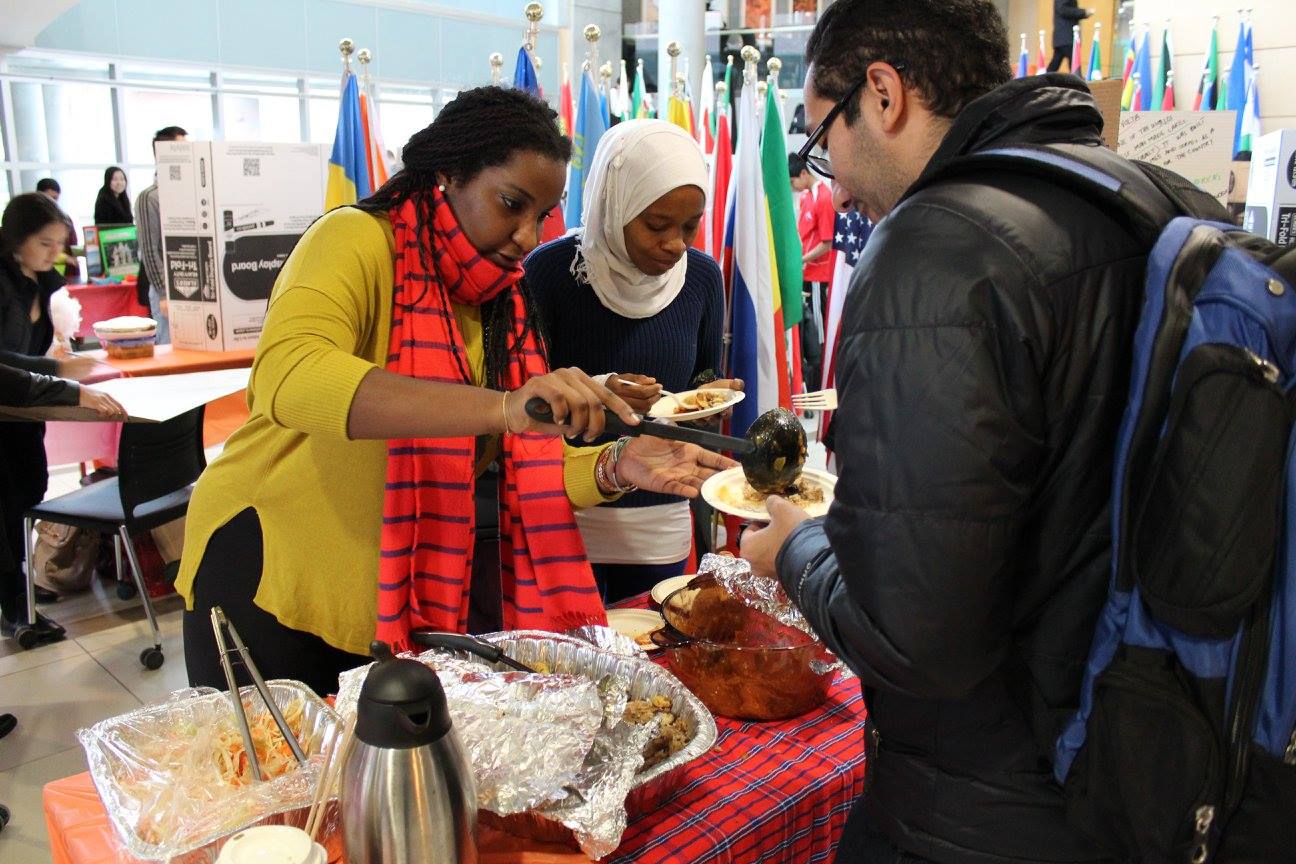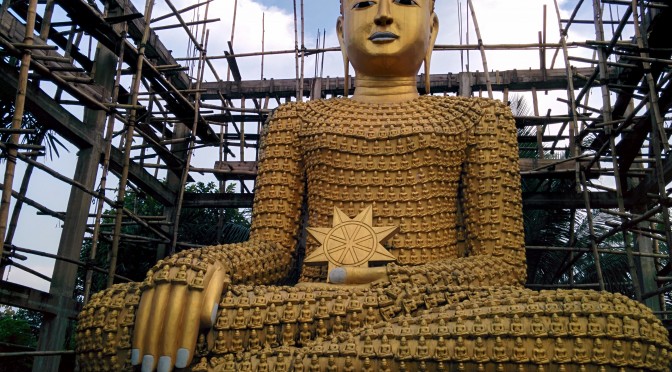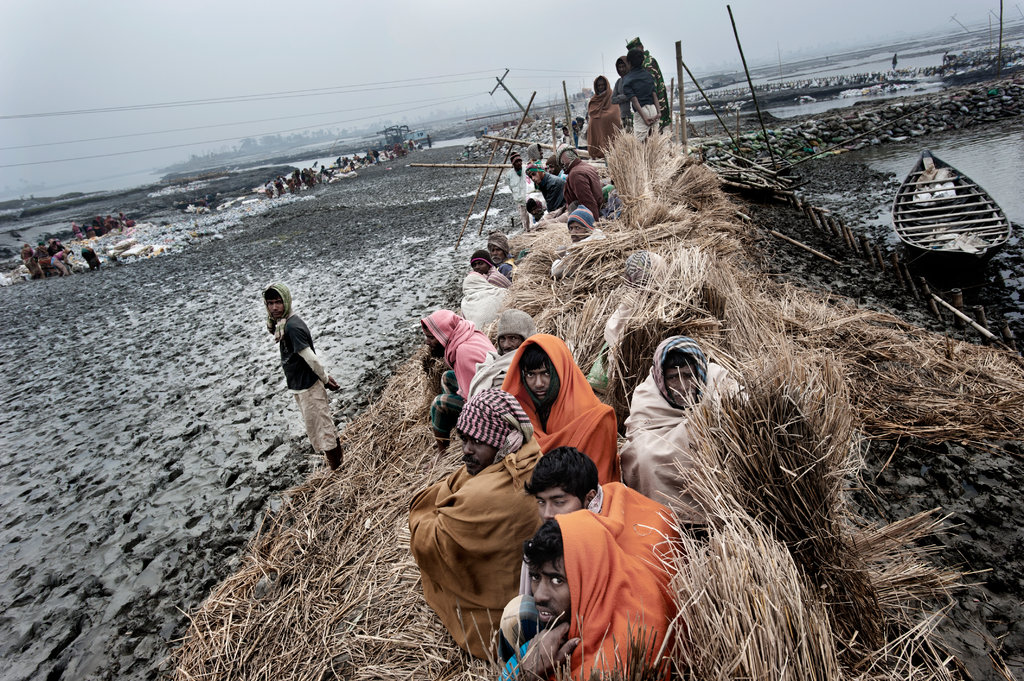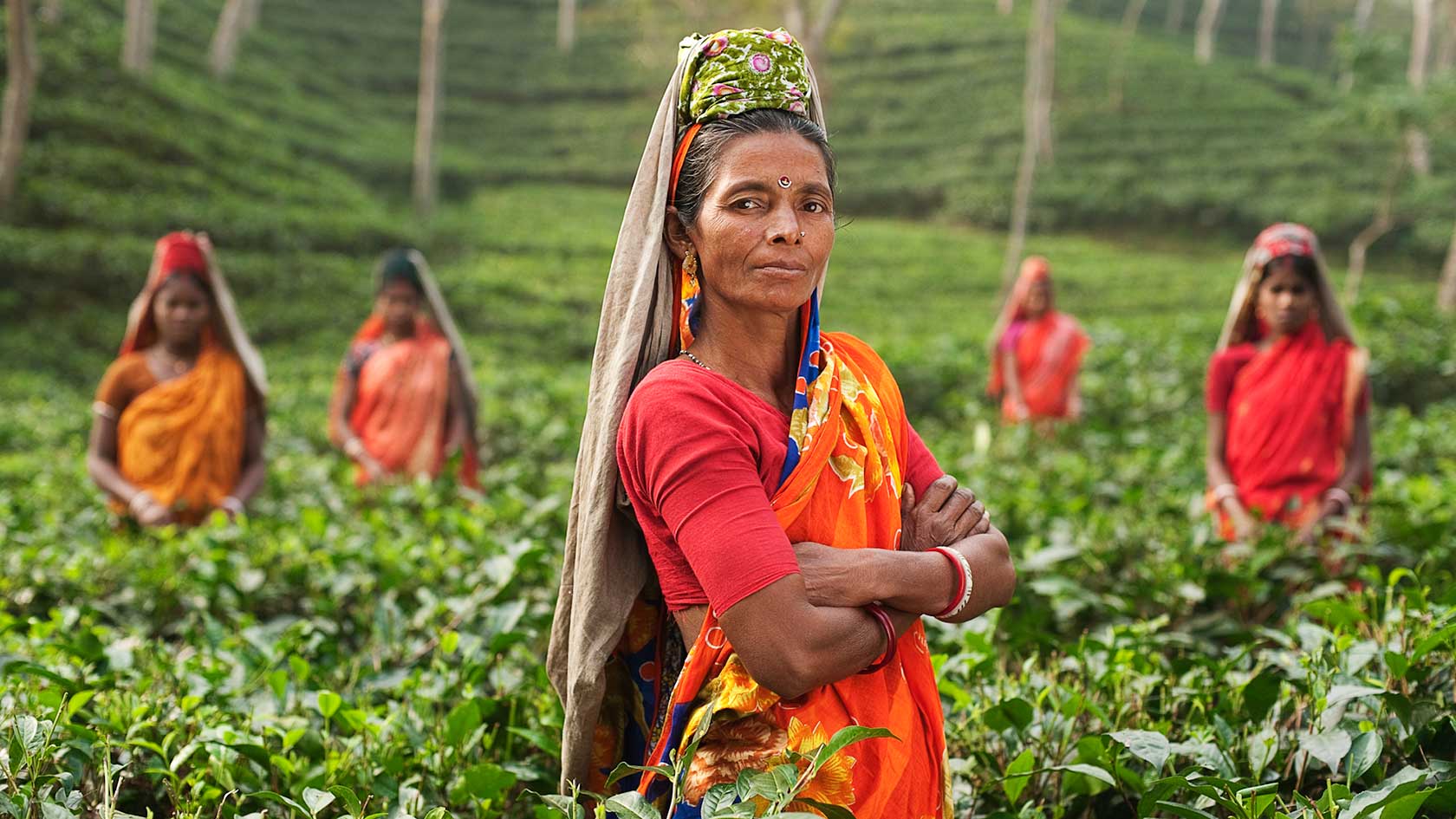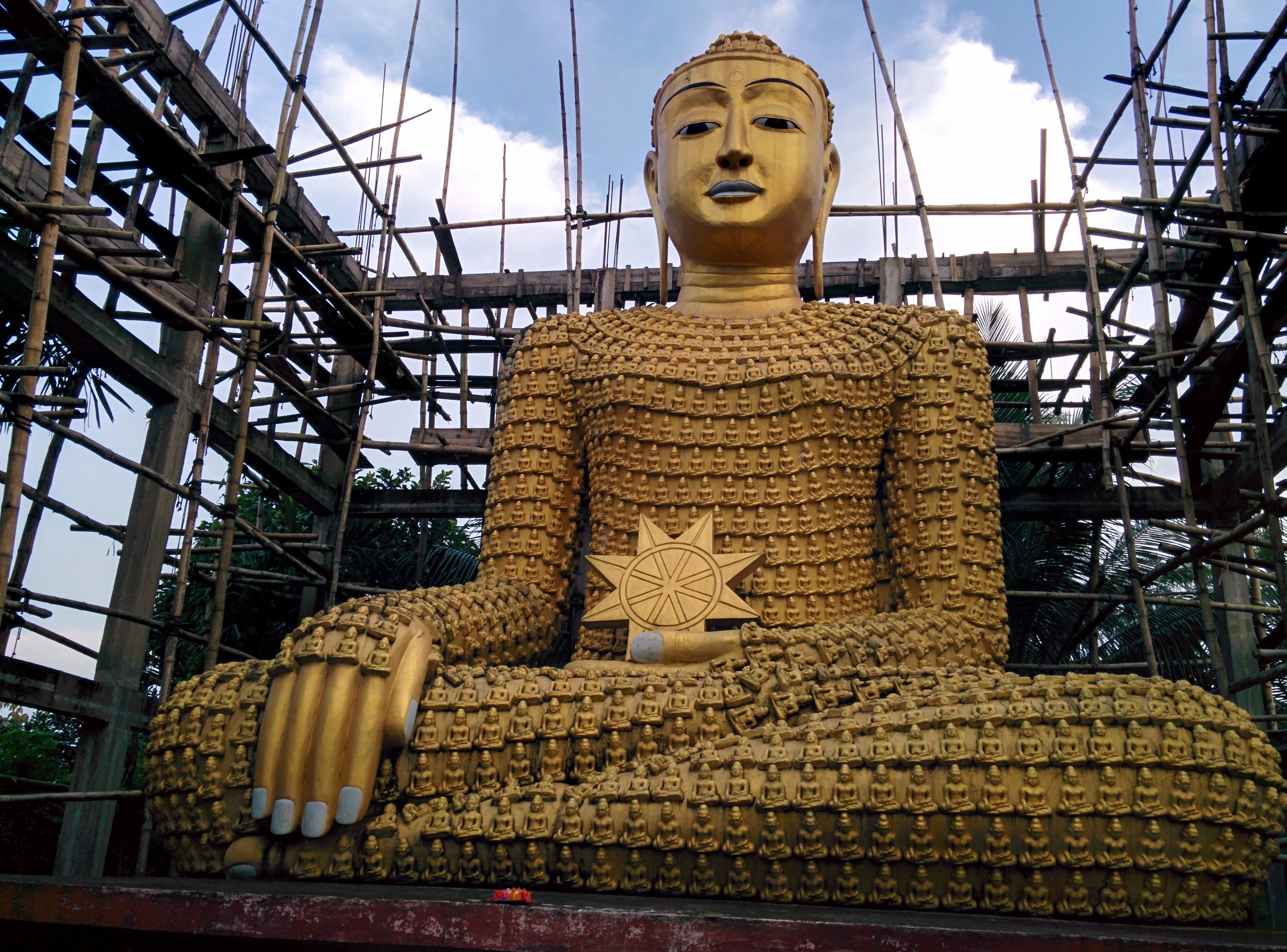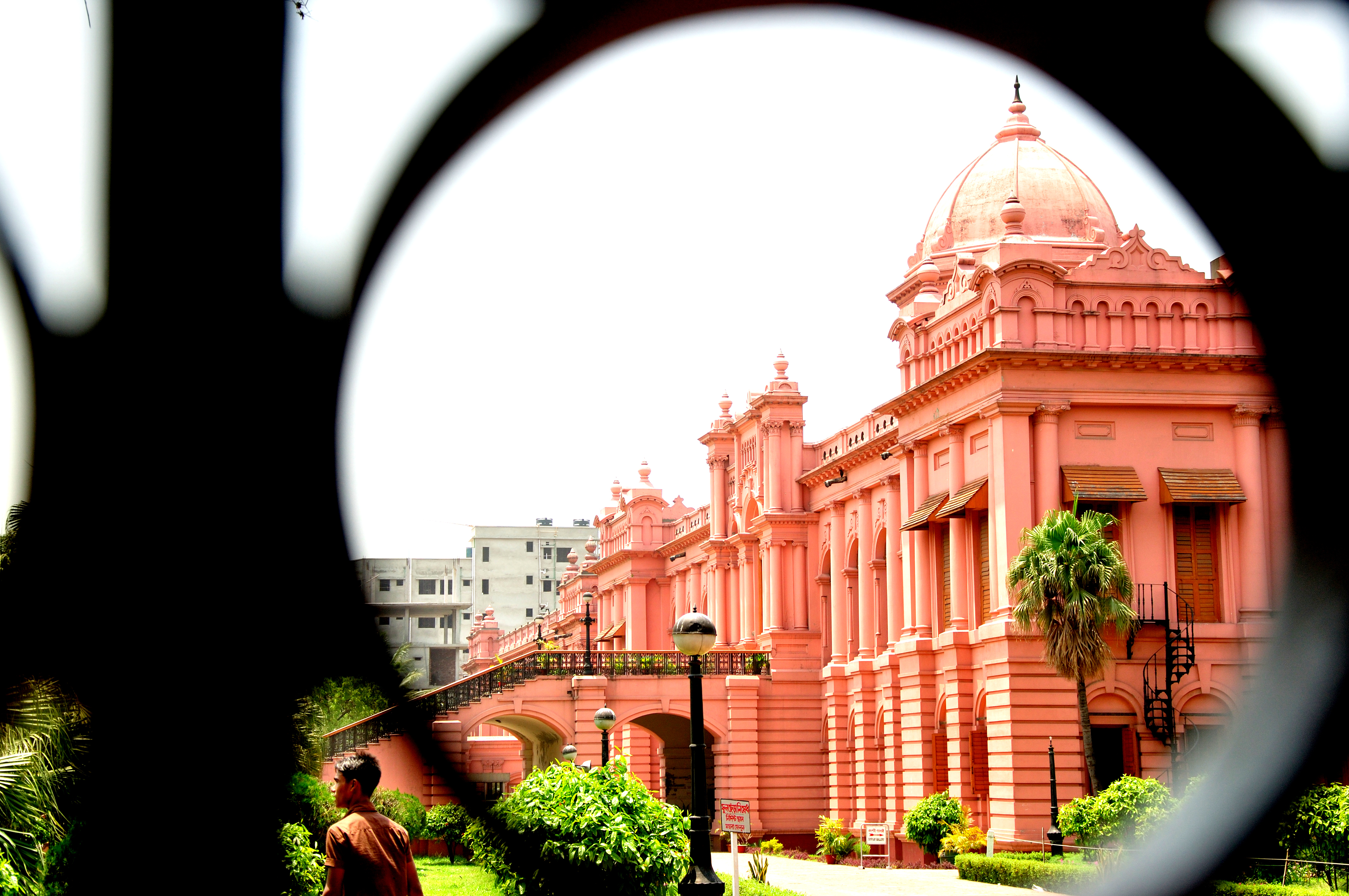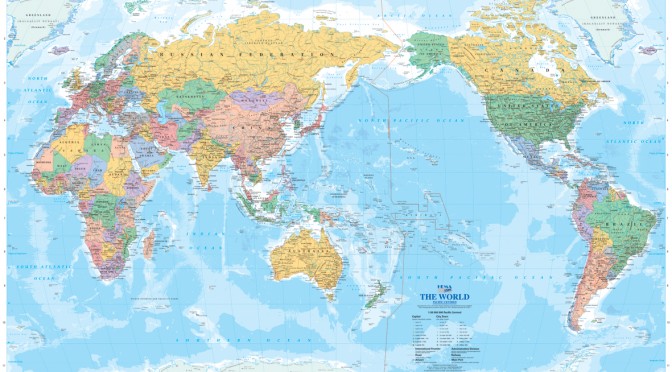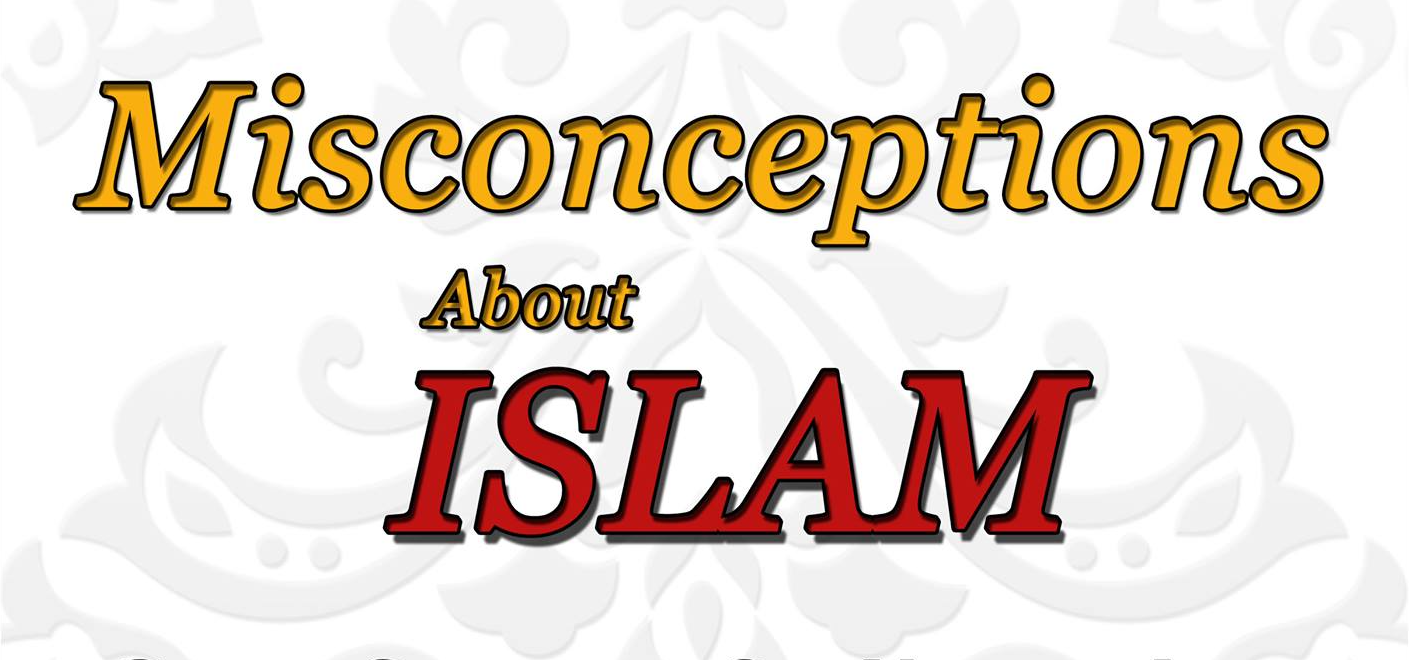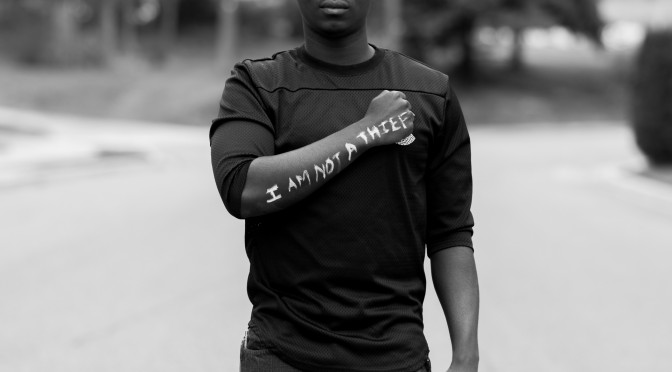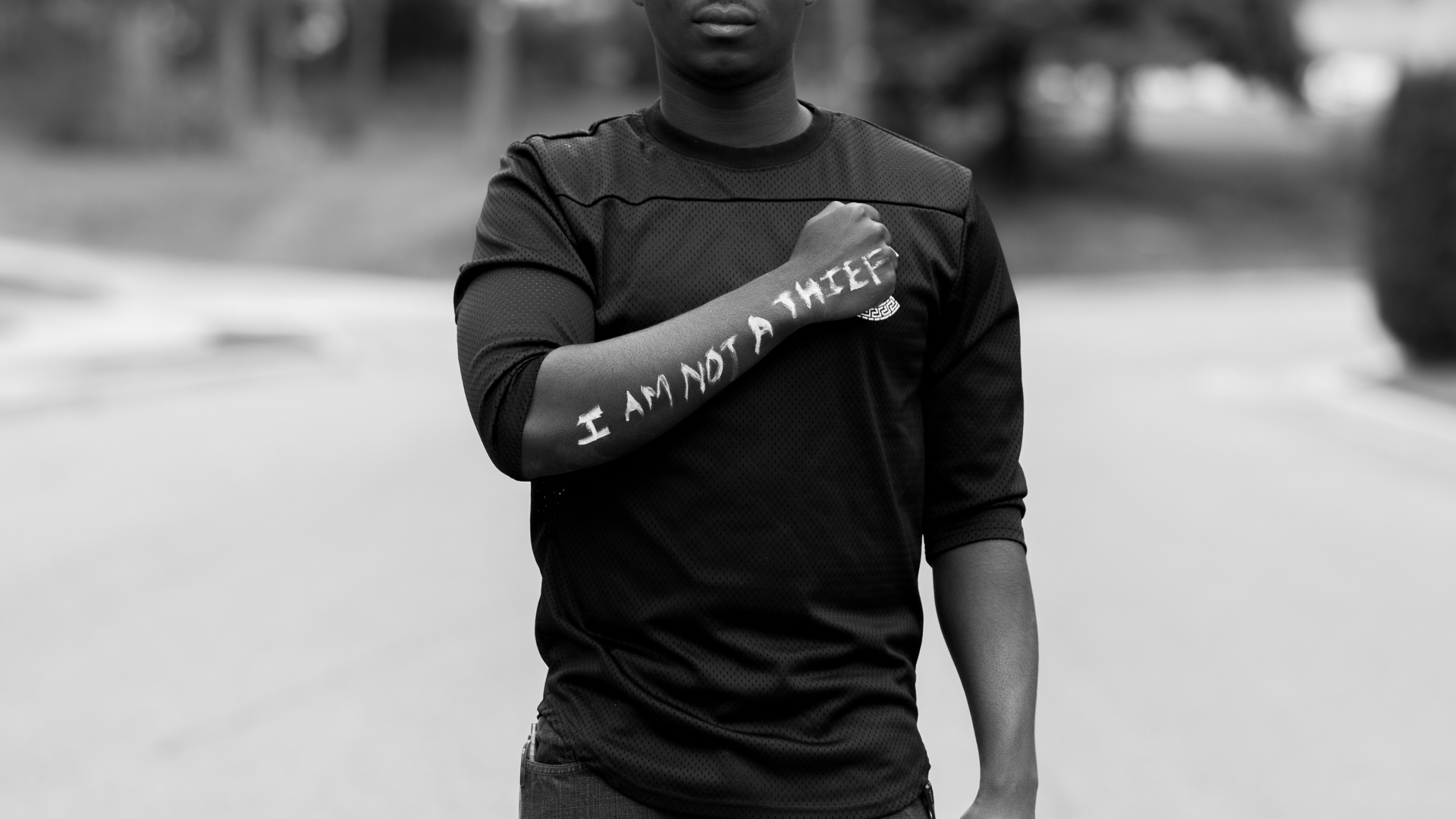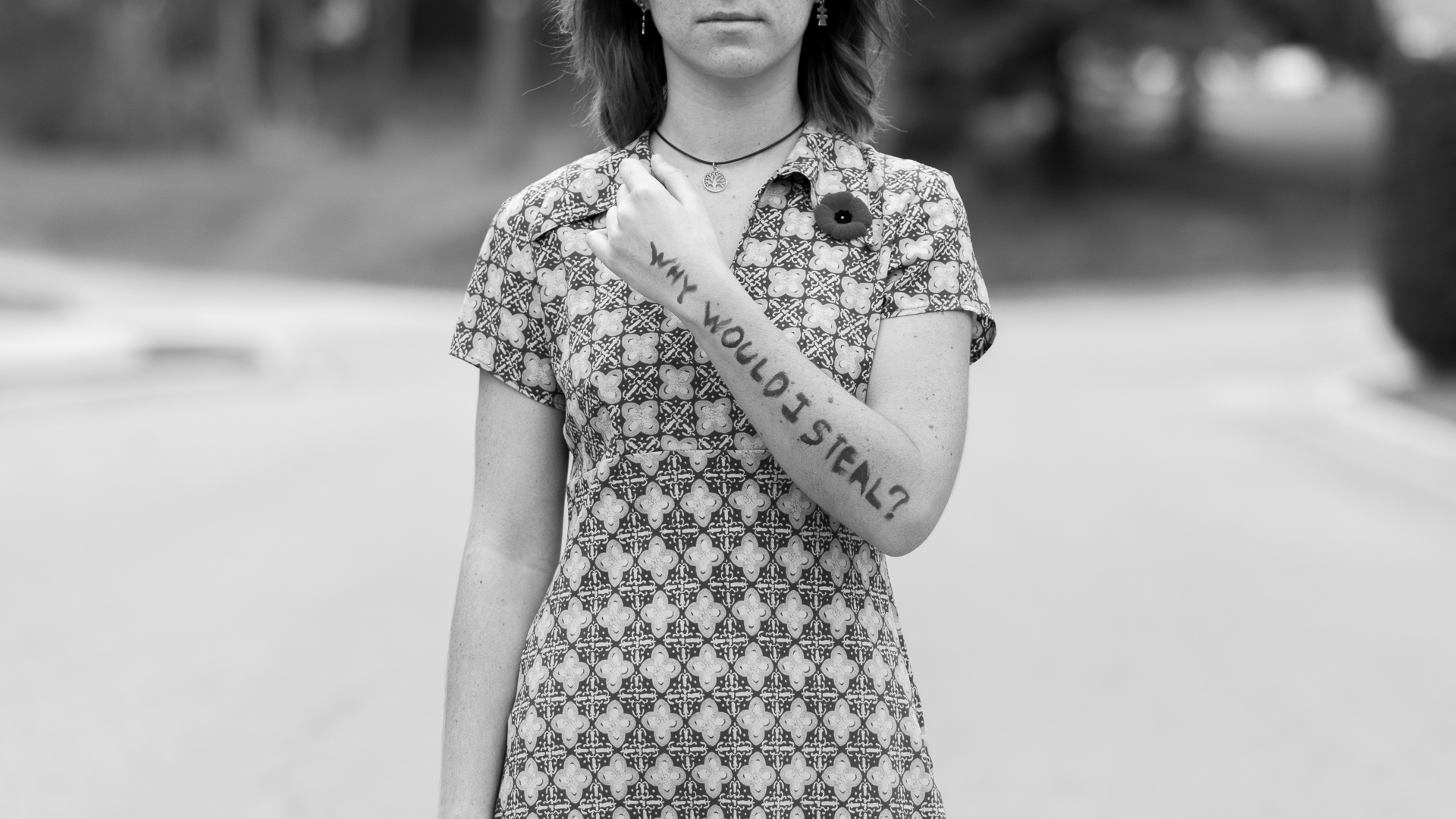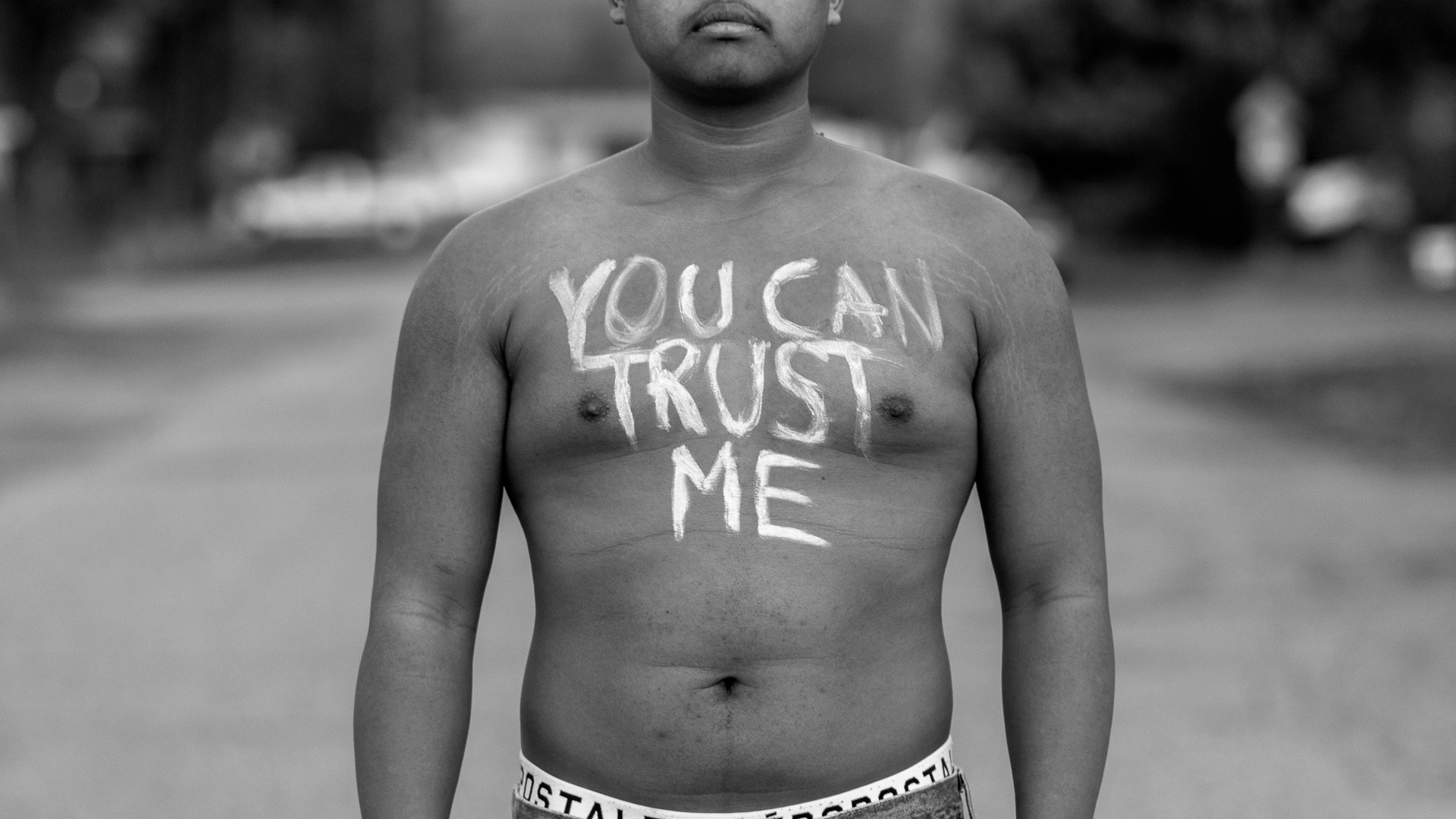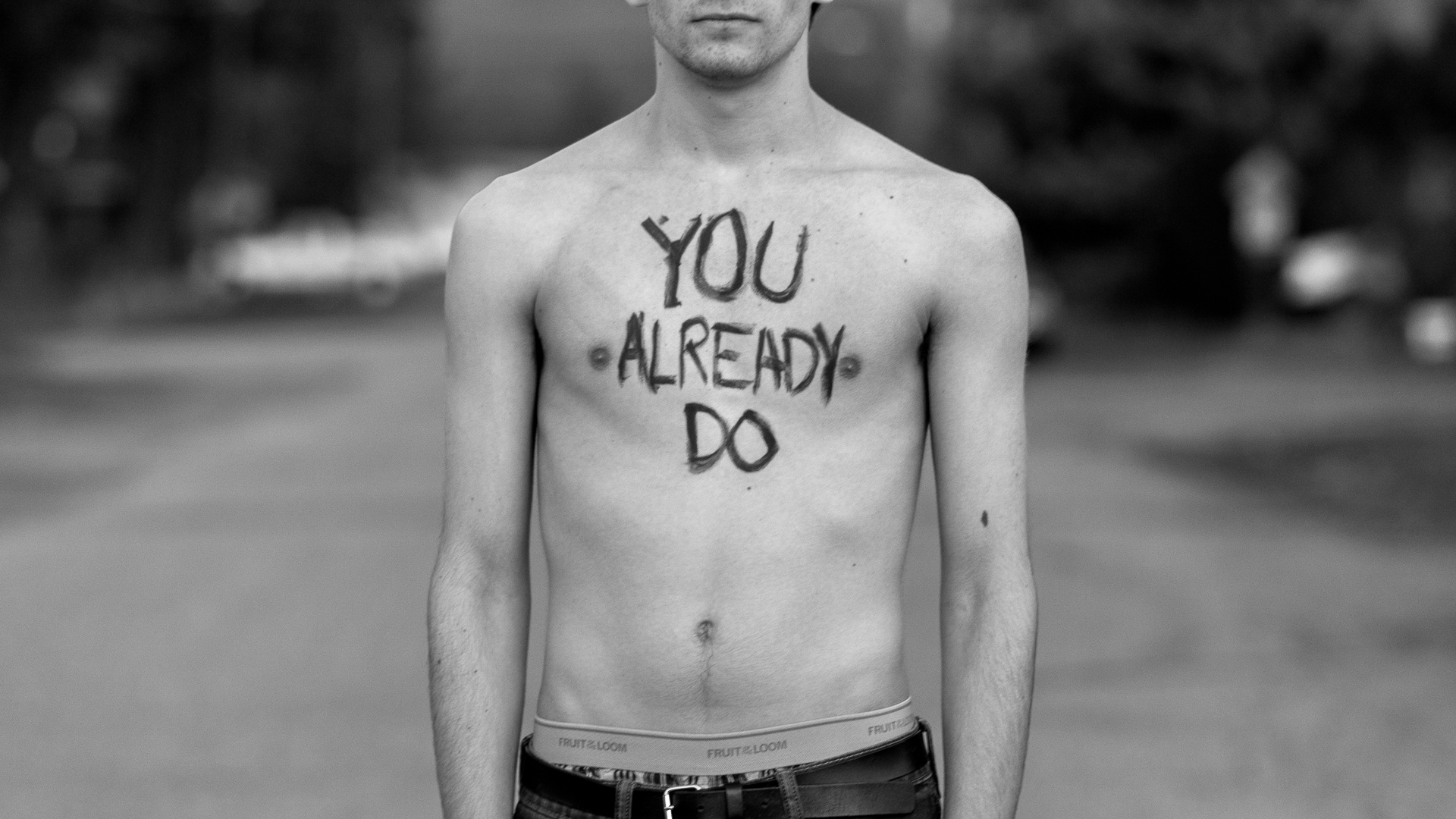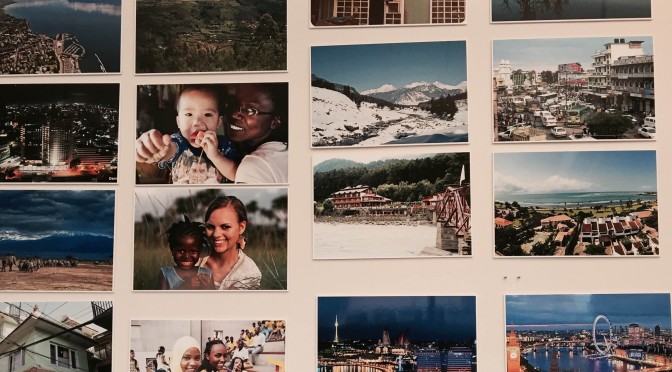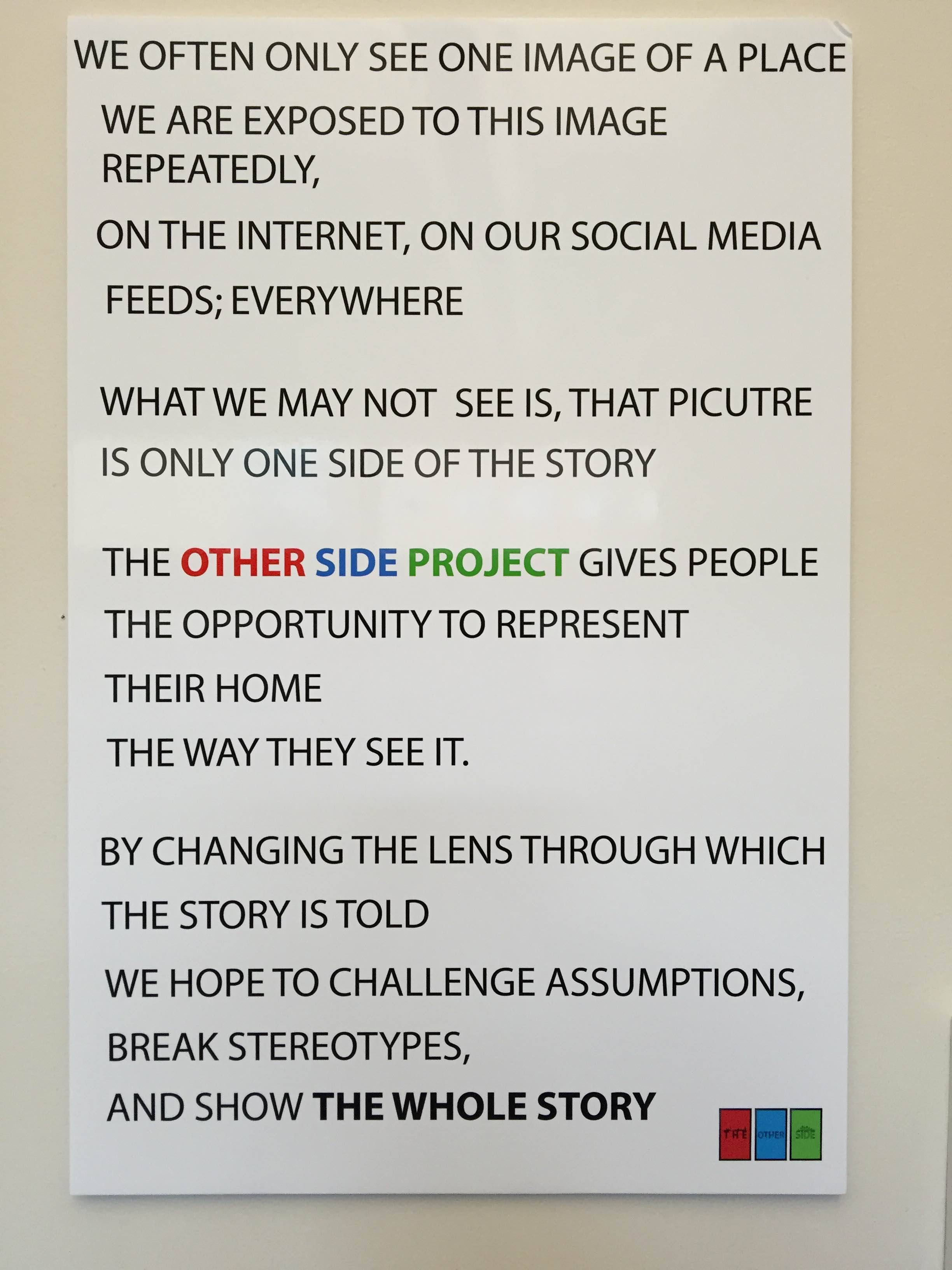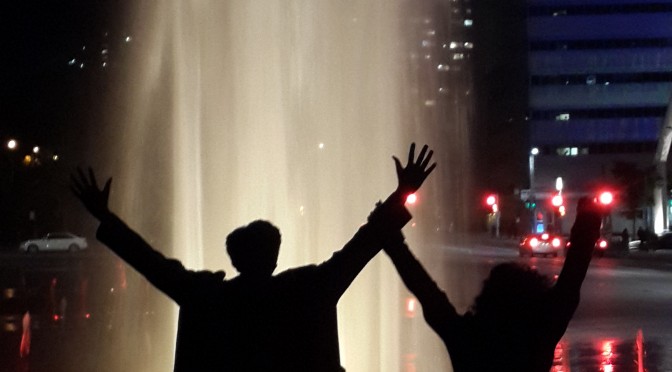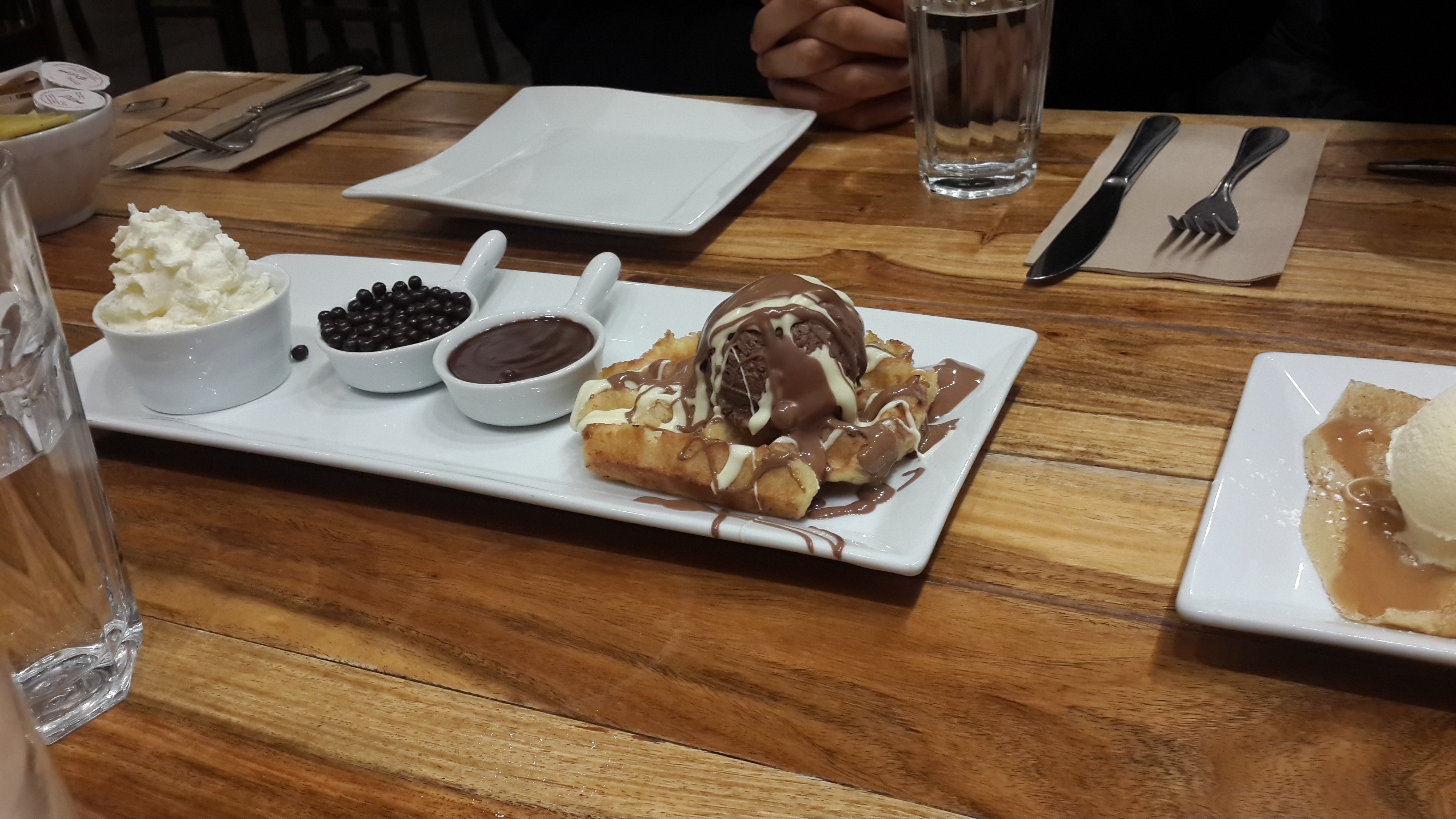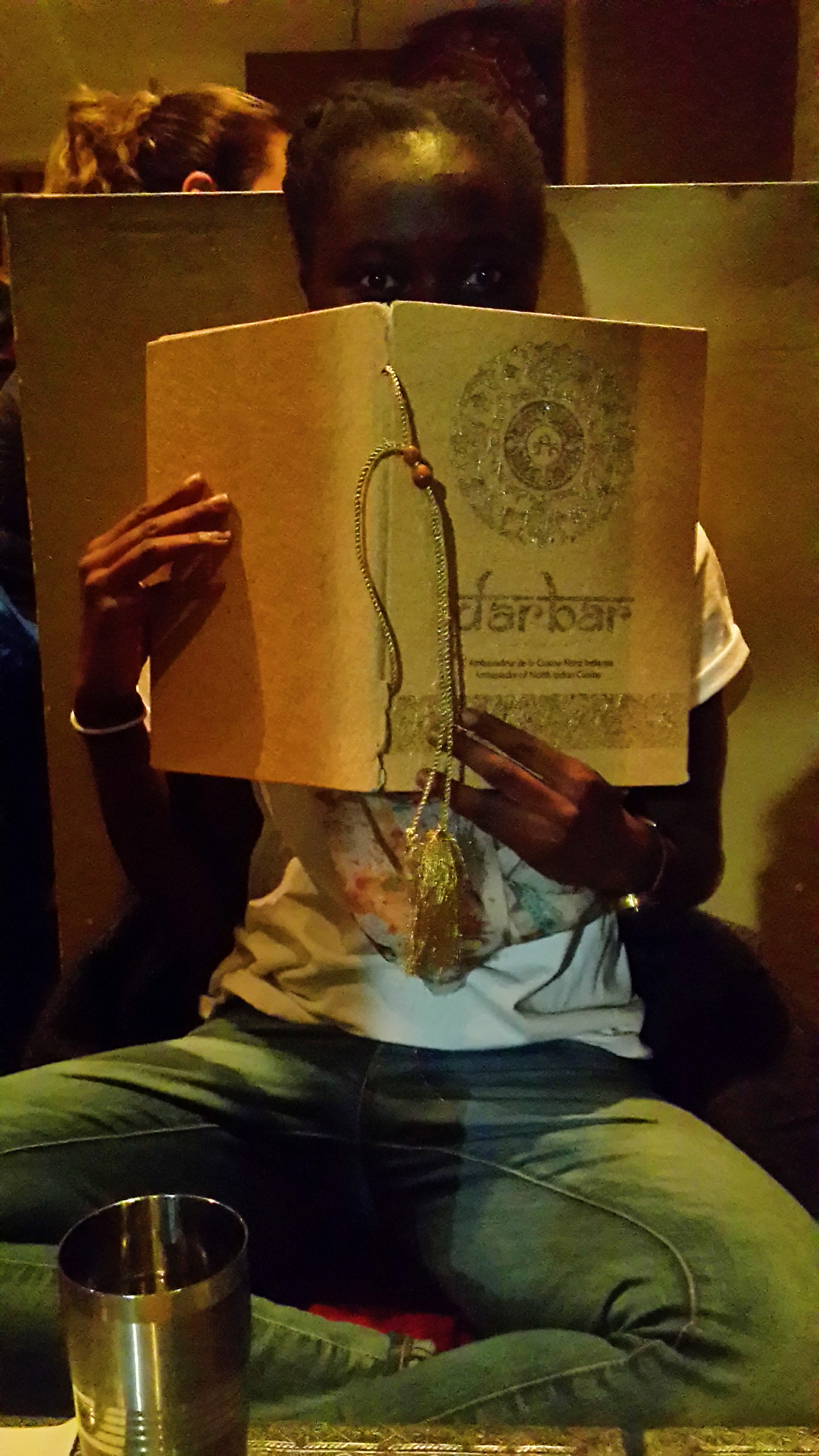Guest post by Trophy Ewila, Bachelor of Arts (Economics)
I do not agree with the statement that the world is getting smaller due to technological advancements. If the world is getting smaller, it’s due to story. How you may ask, are stories reducing the breadth and depth of the world? Think about this: at a recent event, a young girl won a literature writing competition. The young writer was Ugandan. She had never left her country or seen snow before, yet her winning narrative followed a one Mary Higgins of Staffordshire and her escapades with snow. This is my description of a smaller world!
Growing up in Uganda, literature was an abstract concept to me. It did not correlate with reality. For starters we were taught in English and not the local languages. Most of the books we read in kindergarten were foreign (British to be precise). The concepts presented were strange. One thing that always baffled me was the notion of kids playing in the ‘park’. I often wondered why people would play at a bus station since in Uganda we picked the bus from the ‘park’. This incongruence creates a larger social impact in the country. This is what we read and that’s how we are taught to write. The self is lost in this tradition and translation.
To that effect at the age of 8 years old, I detested books. I presumed that all those who read were simply seeking social accreditation while pretending to love the experience. This problem stemmed from the mismatch between what the education system offered and what was our social reality. I only started to enjoy reading once I saw myself in the words. The sight of a book written by a Ugandan president at an airport in Dubai put things into perspective. I saw freedom. The setting was my city, the story was my country, the words my possibility. I had never imagined that story on paper can be yours. The descriptions were vividly Uganda. I honestly cannot describe the experience; I will never be able to. But I know what I felt, and it permitted me to see a deeper social issue. Ugandans are scared to write about themselves, and if they don’t get out of this fear they will die. Not physically but mentally.
It is after this day that I went mad with books, reading to compensate for the loss of time. Chasing stories. That mystical aura that engulfed me listening to my uncle’s tales of the past and his well-crafted fables was present in every page. I found story, I found humanity.
If all we could do was speak. Not allow anyone tell us what we should say or do. But speak, not just by mouth or with words but with every essence of us the world gets bigger. For what is the world to us but our experience with others.
But before speaking we should first listen. Listen to voices from afar. It will tell you how big the world is. When was the last time you read Japanese literature or Nicaraguan poetry, listened to Australian music or paid attention to West African history? How big do you think you can visualize the size of the world when all you see is one major story of one general region. Yes, one can communicate faster through technology, but to what essence is this speed in relation to the size of the world?
The world is as big as the number of stories present. Tell yours and expand this world. Listen to others and expand your world.

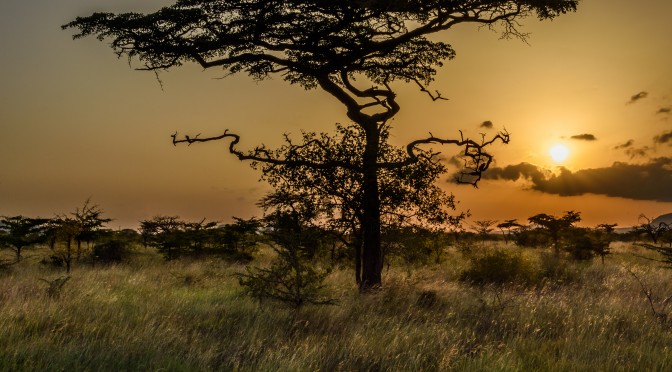
 Follow
Follow